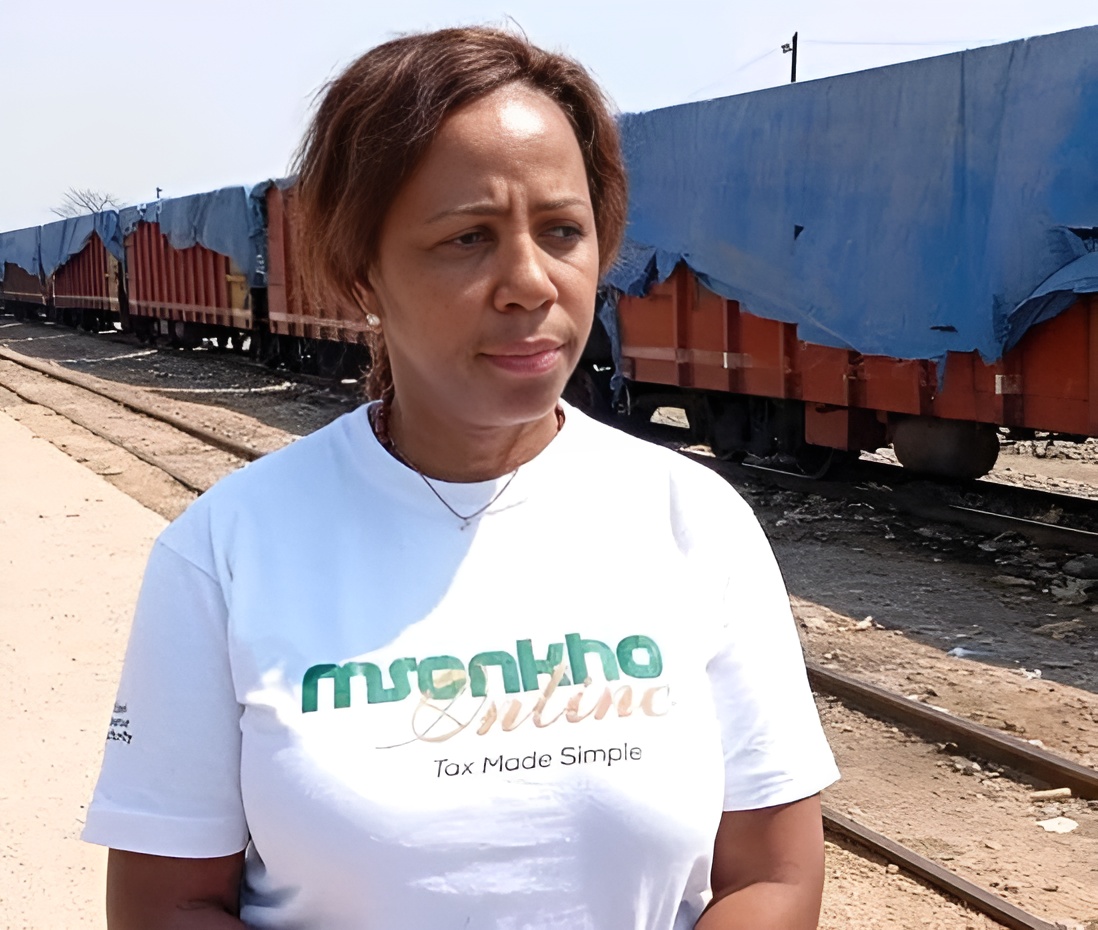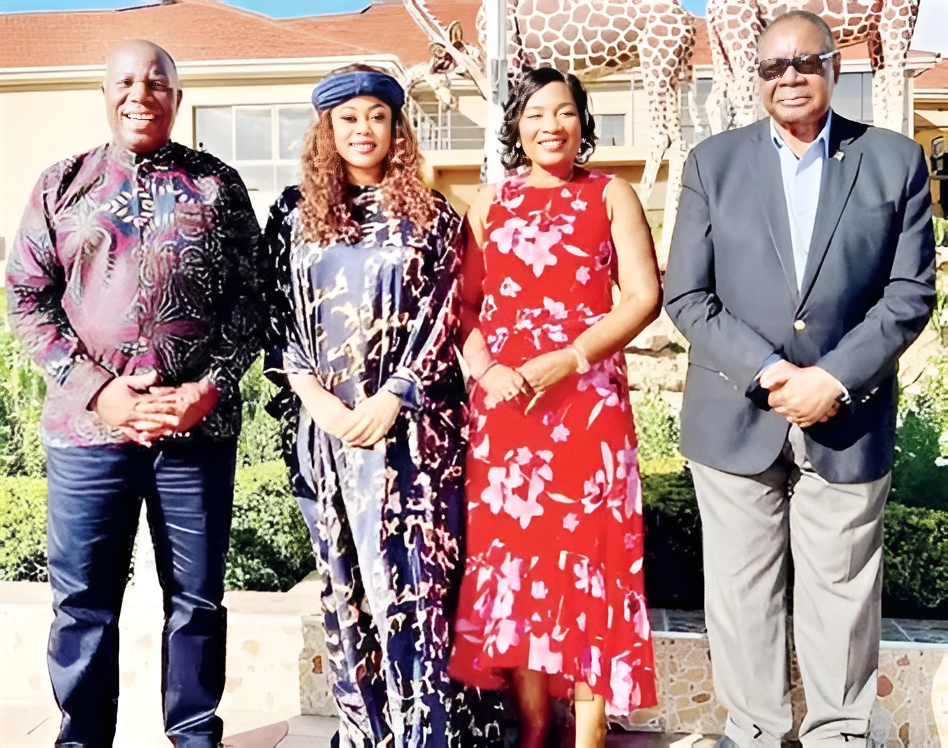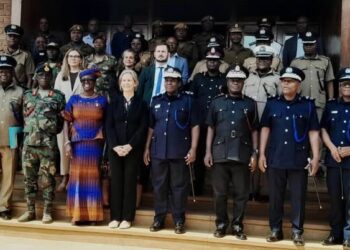The walls are closing in on Alliance for Democracy (AFORD) president and Democratic Progressive Party (DPP) ally Enoch Chihana, as the Malawi Revenue Authority (MRA) has arrested two of its own officers in connection with the multi-million-kwacha import fraud scandal.

MRA Acting Head of Corporate Affairs, Wilma Chalulu, confirmed yesterday that Edgar Katunga and Charles Phiri, both Customs officers, were picked up for facilitating the fraudulent importation of the consignment at the center of the case.
The arrests follow last week’s detention of clearing agent Rhoda Ndovie of Limu Clearing Agency, who is accused of falsifying import documents to shield Chihana.
According to investigators, Ndovie allegedly altered documents to swap the name of the actual importer, AFORD, with that of Rhoda Ndovie-Chigomezgo and Bongani Investments.
With Katunga and Phiri now in custody for questioning, the MRA says the dragnet is widening as it pursues everyone involved in the syndicate.
“This is a serious matter. The two officers are being held for questioning as investigations continue,” Chalulu said in a statement.
The Malawi Revenue Authority (MRA) has arrested two of its Customs officers in connection with the ongoing investigation into a fraudulent importation scandal that has placed opposition politician Enoch Chihana at the center of public scrutiny.
MRA Acting Head of Corporate Affairs, Wilma Chalulu, confirmed the arrests of Edgar Katunga and Charles Phiri, saying the two are suspected of having facilitated the clearance of the controversial consignment that was fraudulently processed under falsified documents.
“The officers are being held for questioning as investigations on the matter continue,” said Chalulu.

The fresh arrests intensify pressure on Enoch Chihana, leader of the Alliance for Democracy (AFORD), who has been under fire since revelations first emerged that goods linked to him and his allies in the Democratic Progressive Party (DPP) were fraudulently imported.
For many Malawians, the scandal confirms longstanding concerns about Chihana’s credibility as a political leader. While he has positioned himself as a key player in the opposition’s electoral strategy ahead of the polls, his visible closeness with the embattled DPP, and now the unmasking of questionable dealings in the shadows, paints a troubling picture.
Political analysts say that the arrests of Katunga and Phiri, following Ndovie’s detention, illustrate that investigators are moving deliberately up the chain.
“The noose is tightening, and if the pattern continues, it is only a matter of time before political fingerprints are openly revealed,” one observer noted.
Chihana’s decision to align AFORD with the DPP has already been criticized as politically opportunistic.
The DPP, still haunted by its legacy of corruption, nepotism, and state capture during its years in power, has been widely perceived as desperate for regional political partnerships to salvage its electoral fortunes.
Now, with the MRA investigation steadily unraveling a fraud scheme tied to his name, Chihana’s choice of allies appears less like strategy and more like a natural convergence of interests among embattled politicians with questionable records.
The key question is whether the chain of responsibility will be allowed to stop at junior officers and clearing agents, or whether it will eventually extend to the politicians at whose behest these transactions may have been carried out.
For Chihana, the optics are increasingly dire. With every arrest, his name becomes more entangled in the scandal, feeding public perception that his partnership with the DPP was not merely about building a regional bloc but also about shielding each other from accountability.
As the elections draw nearer, Malawians will expect clearer answers.
Was this fraudulent importation an isolated scandal, or the tip of a much deeper iceberg of political–business collusion? And, most importantly, will those at the very top, no matter how politically connected, be made to face the law?







